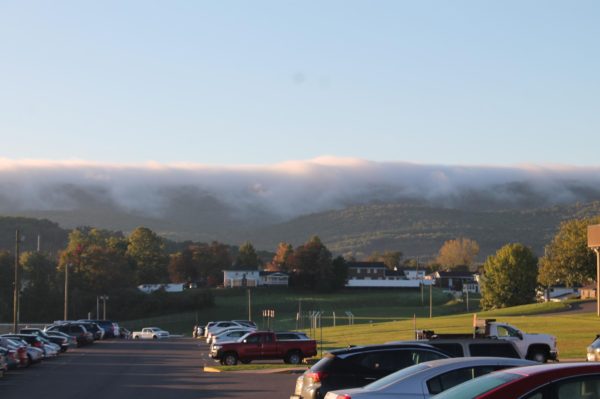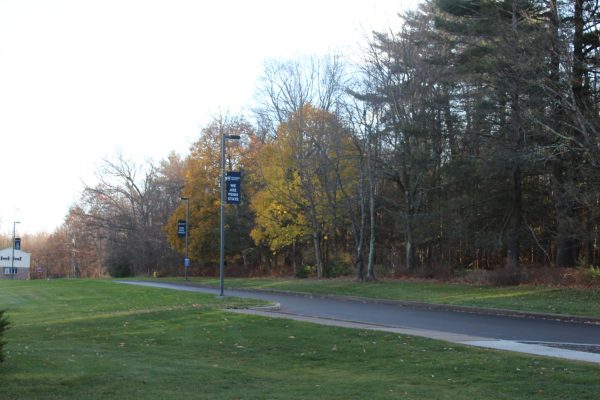Will snow days ever be the same?
A weather cancellation is the concept of closure, cancellation, or delay of an institution, operation, or event as a result of inclement weather. Certain institutions, such as schools, are likely to close when bad weather, such as snow, flooding, tropical cyclones, or extreme heat or cold interrupts travel, causes power outages, or otherwise impedes public safety, or makes opening the facility impossible or more difficult. Depending upon the local climate, the chances of a school or school system closing may vary. While some regions may close or delay schools when there is any question of safety, others located in areas where bad weather is a regular occurrence may remain open.
As local people may be accustomed to traveling under such conditions, many countries and sub-national jurisdictions have mandates for a minimum number of school days in a year. To meet these requirements, many schools that face a likelihood of closure build a few extra school days into their calendar. If by the end of the year, these days are unused, some schools give students days off. If all snow days are exhausted, and inclement weather requires more closures, schools usually make the days up later in the year. The U.S. state education departments have, for example by administrative decision late in the 2015 Texas school year, occasionally issued waivers to schools, so that they do not need to make up days for weather-related cancellations.
Road safety is the central factor in deciding whether to cancel or delay. Officials may close schools to prevent accidents and other problems caused by inclement weather. Minor storms, when safety is of less concern, may cause few or no cancellations or delays. In severe inclement weather, however, only the most essential operations remain functional. Operations considered essential include health care, emergency services, and retail of basic necessities. In health care environments, employees may remain at the facility around the clock if travel is impaired or dangerous, as those facilities contain basic accommodations for sleeping and eating such as on-call rooms.
While tourist attractions generally close, those housing live animals may need essential employees to provide proper animal care.
Television and radio services generally keep operating and travel as necessary. Elected officials travel as necessary to provide services to the public. Snow removal crews remain at work. Passability Some inclement weather makes road passage impossible or difficult. In developed nations, municipalities attempt to clear snow-covered roads—but this is not always possible, and often many cannot travel. In deeper snowfalls, personal vehicles may become trapped, and their removal may take several days. This influences decisions on closures beyond the end of snowfall. The ability of employees to reach workplaces is a factor. Structural issues Various types of severe weather can damage structures temporarily or render them permanently useless, cause power outages, or prevent heat or air conditioning from working.
A snow day in the United States and Canada is a day that school classes are canceled or delayed by snow, heavy ice, or extremely low temperatures. Similar measures occur in response to flooding, tornado watches, and severe weather. The criterion for a snow day is primarily the inability of school buses to operate safely on their routes and danger to children who walk to school. Often, the school remains officially open even though buses do not run and classes are canceled.
Now, in more recent times, one has to ask themselves, has the title of a “Snow Day” become invalid? The state of Pennsylvania has issued five snow days per school year along with the concept that more adept and remote instruction during the pandemic has caused districts to move away from booking snow make-up days. What is to become of the fate of these occasional winter days? We’ll just have to wait and see!

My name is Emily R. Eisenhauer, I am a senior here at Nanticoke. I have resided within the district for the whole of my life and with all of my time here...







